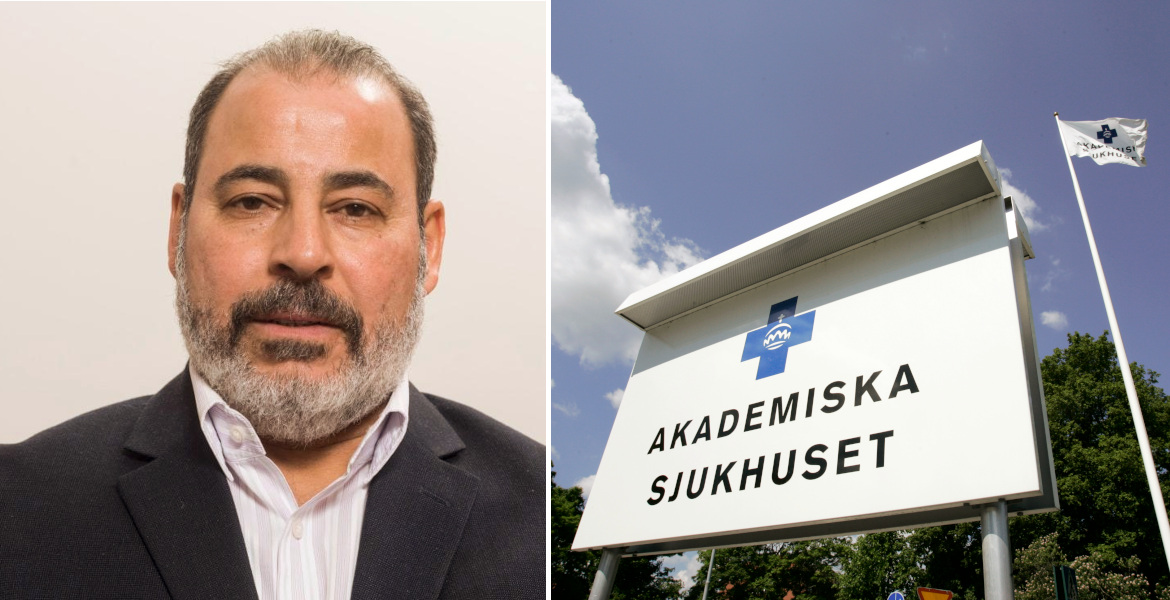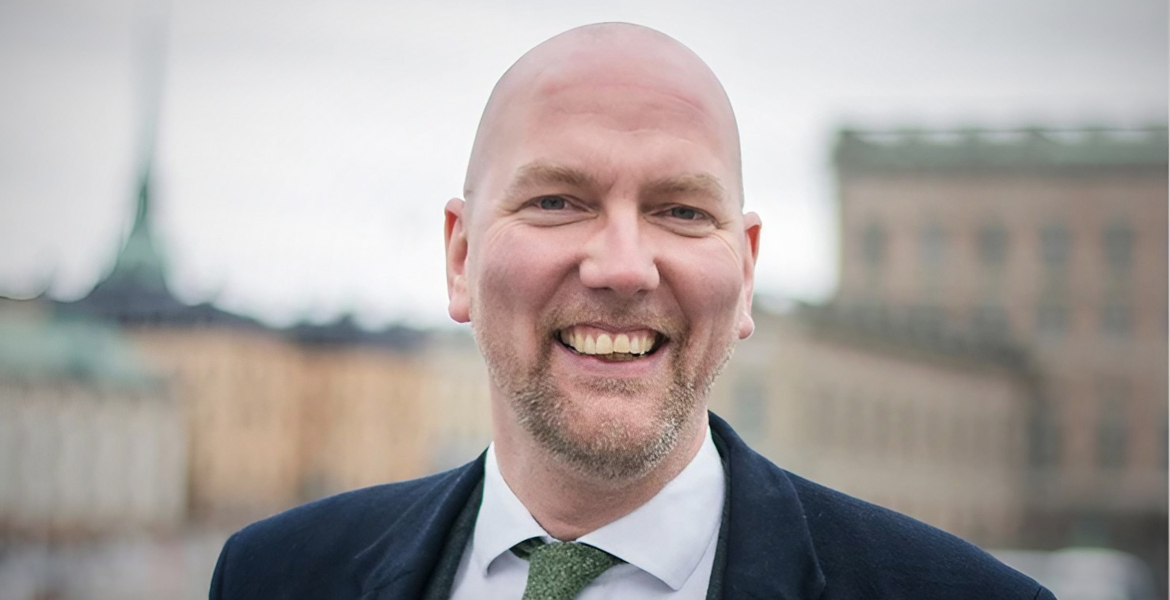Adel Shalabi, former director at Uppsala University Hospital, has been sentenced by the Svea Court of Appeal to 4.5 years in prison for corruption offenses.
In his professional role, Shalabi accepted roughly €425,000 in bribes from companies linked to former colleagues and the pharmaceutical and medical technology industries.
In late 2023, seven individuals, including Shalabi, were charged with bribery at Attunda District Court. The investigation revealed he had received a total of €425,000 from five companies, two of which were owned by former colleagues, while the others operated in the pharmaceutical and medical technology sectors.
It was discovered that tens of thousands of euros had been deposited in the hospital director’s private account in connection with the purchase of X-ray equipment by Uppsala University Hospital – and when the police began investigating Shalabi’s activities, they found a large number of additional suspicious transactions.
In the district court, he was sentenced to four years in prison for several counts of aggravated bribery – and six other people received shorter sentences for bribing the doctor.
“Abused his position of trust”
The Court of Appeal has now increased the sentence to 4.5 years’ imprisonment and found that Shalabi should be sentenced for several aggravated bribery offenses, aggravated breach of trust, aggravated fraud and aggravated accounting offenses. It is also noted that the corruption was systematic and that the chief physician was the driving force.
– In sentencing, the Court of Appeal has taken into account that the head of the practice has abused his position of trust and has been a driving force in the crime. Something that has also been important in this context is that the crime has been characterized by being systematic and directed against public and tax-funded activities, explains the Court of Appeal’s counsel Johan Klefbäck.
The sentence for the owner of a pharmaceutical company that sold medicine to the hospital is also increased – he is sentenced to one year and two months in prison instead of a suspended sentence and a fine.
Another person was sentenced to a shorter prison term for aggravated bribery, and three of the other people involved in the corruption scandal got off with suspended sentences and fines. Two of those convicted are former executives of major companies Canon Medical Systems and Siemens Healthcare.






